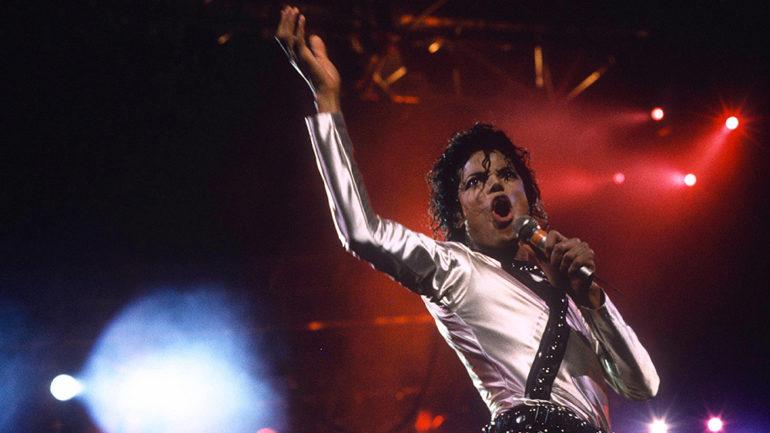Does ‘Leaving Neverland’ Spell Trouble for Michael Jackson Estate’s $250 Million Sony Deal?
By Jem Aswad
LOS ANGELES (Variety.com) – HBO’s blockbuster Michael Jackson documentary “Leaving Neverland,” in which two men, Wade Robson and James Safechuck, accuse the late singer of abusing them sexually when they were boys, has caused much speculation about what the allegations will mean for Jackson’s legacy — and the earning power of his estate.
The estate and Jackson’s family have fiercely criticized the accusers and the documentary — the estate filed a $100 million lawsuit against HBO — and even scheduled two rare Jackson concert films directly against the premiere airtimes of the two-part “Leaving Neverland.” The estate claims HBO violated a non-disparagement agreement it struck with the singer in 1992. “‘Leaving Neverland’ isn’t a documentary, it is the kind of tabloid character assassination endured in life, and now in death,” the estate said in a January statement.
In the wake of reactions to the documentary, many of them negative, could a bad look impact the recorded-music deal between the estate and Sony Music Entertainment, the longtime home of Jackson’s recorded-music and publishing catalogs? According to the Wall Street Journal, that agreement is worth $250 million for the rights to distribute the singer’s recordings over seven years.” (A source close to the situation confirmed the figure to Variety.)
The paper does not provide further details and reps for the estate and Sony Music did not immediately respond to Variety’s requests for comment, but it seems likely the article is referring to a deal between the two companies announced that was announced in December of 2017 by Sony Music CEO Rob Stringer and John Branca and John McClain, co-executors of Jackson’s estate. According to the announcement, the deal, which was effective January 1, 2018, sees Sony Music extending the term of their administration of Jackson’s recorded-music catalog “in a long-term recording agreement.” It also stated that Sony will have the opportunity to partner on additional projects that the Estate may produce during the term of the agreement. No further details were announced at the time, although the deal was likely struck in advance of a U.S. copyright law amendment enacted in 1978 in which a creator can elect to terminate a deal 35 years after a work’s “publication” — in this case, the release of a recording — and the copyright can go to the creator.
In recent years and increasing number of artists have used this law either to gain the rights to the masters or negotiate new deals, the latter of which may be the case with the Jackson estate.
While Jackson’s recorded-music catalog continues to generate millions of dollars every year — and seems likely to do so for decades to come — the documentary seems to imperil the future projects that the Estate may produce during the term of the agreement with Sony. Most prominent among those is “Don’t Stop ’Til You Get Enough,” a jukebox musical based on the artist’s music: A pre-Broadway run that was scheduled to begin in Chicago in October was abruptly canceelled just weeks before the documentary aired and instead will go straight to Broadway in 2020; while producers blamed an actors’ strike in Chicago, many suspect that fallout from the documentary was the primary cause for the cancellation.
Other projects repackaging Jackson’s creative work, which include posthumous albums and a 2017 animated special called “Michael Jackson’s Halloween” have met with mixed results, although a Cirque de Soleil touring show (“Michael Jackson The Immortal World Tour”) and an ongoing show in Las Vegas (“Michael Jackson ONE”) have been quite successful; the latter show has been seen by more than 3.5 million people, according to Jackson’s website.

